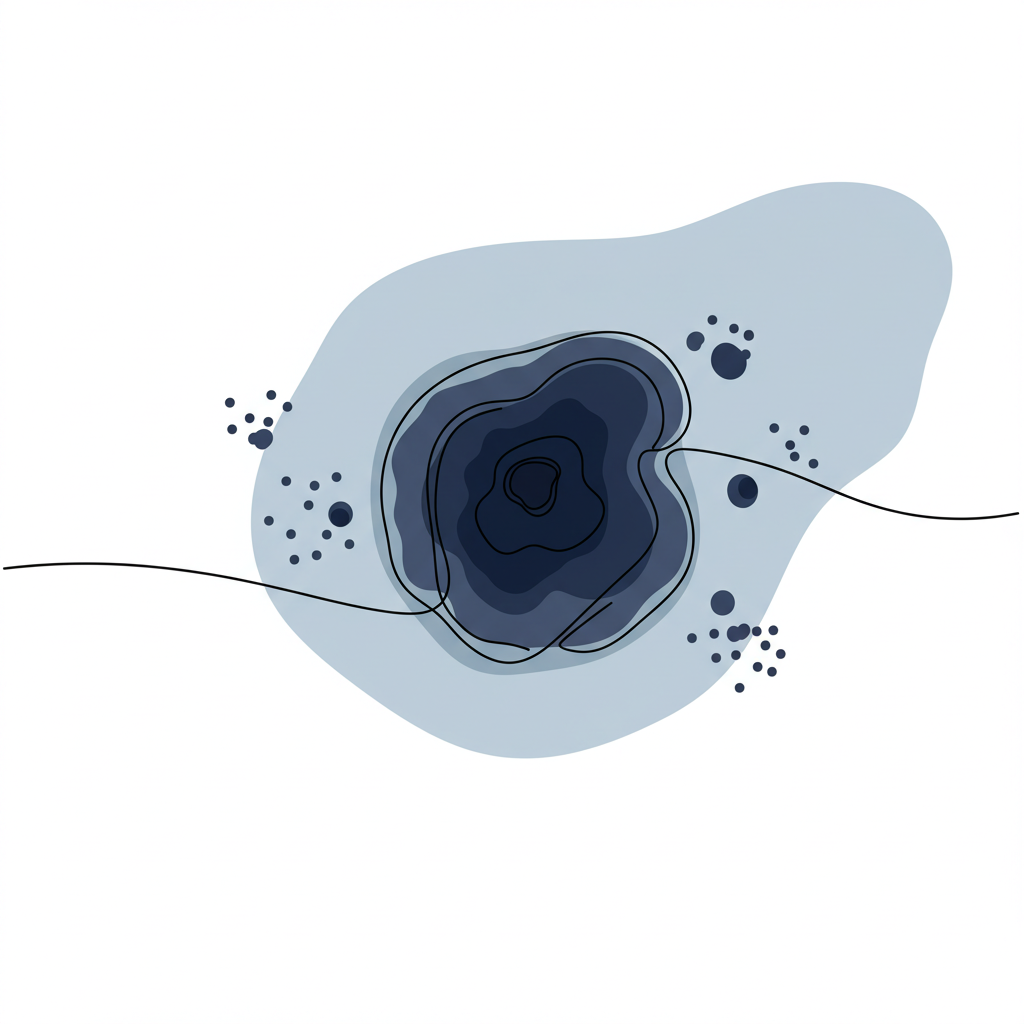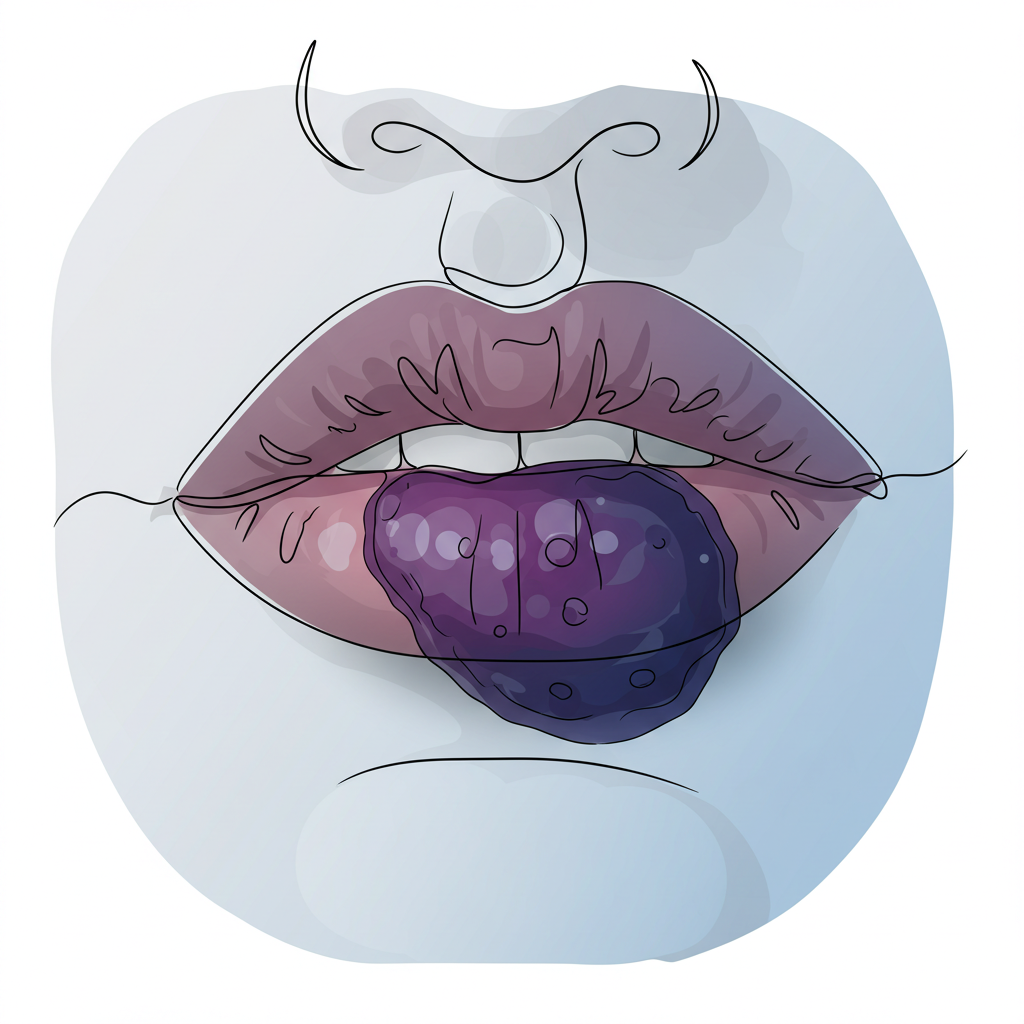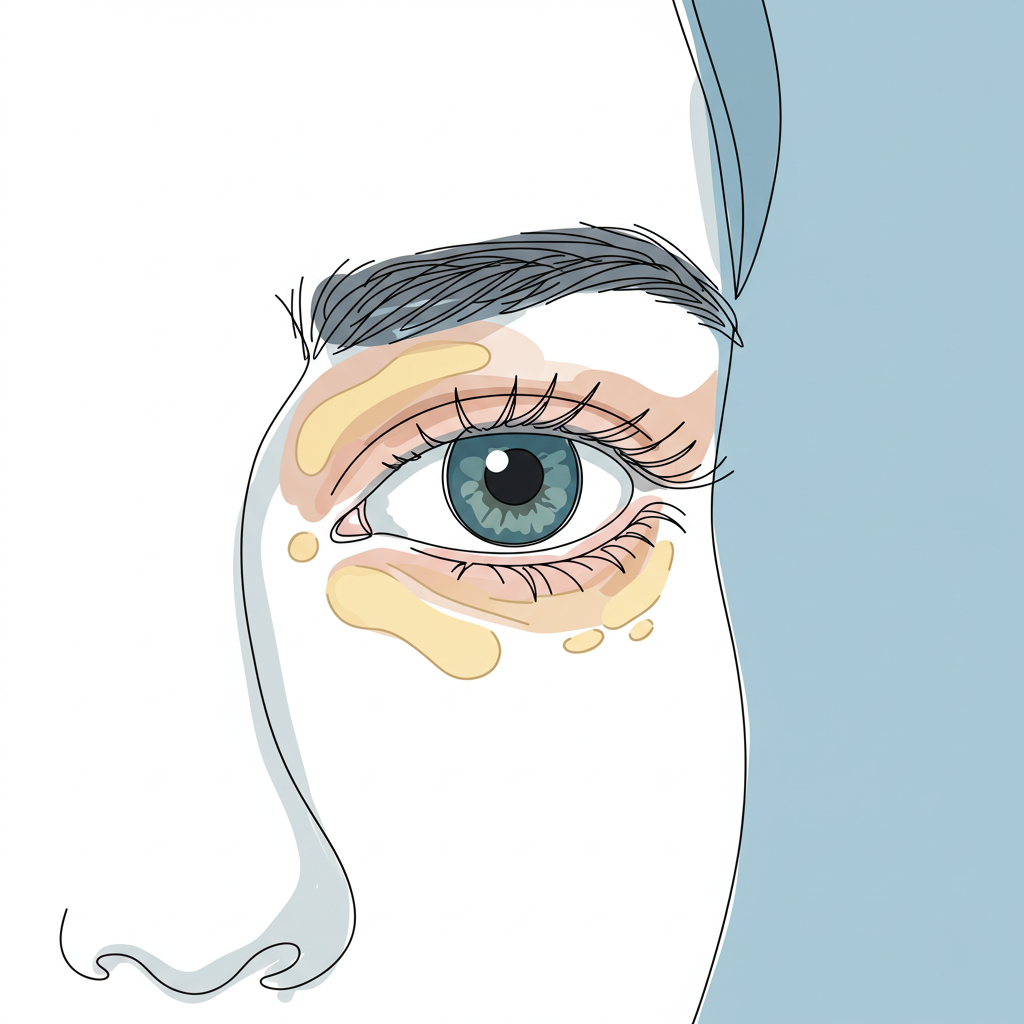Eczema represents one of dermatology’s most challenging and prevalent conditions, affecting millions worldwide with its characteristic inflammatory response. Far more than a simple skin irritation, this complex condition interweaves biological mechanisms with environmental factors, creating unique challenges for both patients and healthcare providers. This comprehensive guide delves into the complexities of eczema, offering evidence-based insights into its manifestations, treatments, and management strategies.
Understanding the Nature of Eczema
Eczema, medically termed dermatitis, manifests as an inflammatory response within the epidermis, creating distinctly uncomfortable and often distressing skin changes. The condition disrupts the skin’s natural barrier function, leading to a cascade of inflammatory responses that can significantly impact daily life. This condition affects approximately 20% of the population during their lifetime, making it one of dermatology’s most frequently encountered challenges. The impact extends beyond physical symptoms, often affecting emotional well-being and social interactions.
The Dual Nature of Eczema: Acute and Chronic Manifestations
The journey through eczema often follows two distinct yet interrelated pathways, each presenting unique challenges that require specific management approaches. Understanding these manifestations helps both patients and healthcare providers develop targeted treatment strategies.
- Acute Eczema: This rapid-onset form presents with immediate and intense symptoms. The affected skin undergoes dramatic changes, transforming healthy tissue into inflamed, reactive surfaces that demand immediate attention. Key manifestations include:
- Pronounced inflammation with bright redness, often accompanied by warmth to the touch
- Significant swelling and edema that can alter the skin’s texture and appearance
- Development of fluid-filled vesicles that may weep or crust over time
- Intense pruritus (itching) that can disrupt sleep patterns and daily activities
- Chronic Eczema: Over time, persistent inflammation leads to characteristic changes that transform the skin’s structure and function:
- Progressive skin darkening in affected areas, creating visible patches that may cause cosmetic concern
- Development of lichenification, creating thickened, leathery skin texture through repeated scratching and inflammation
- Persistent pruritus that can become psychologically distressing and impact quality of life
- Altered skin barrier function affecting overall skin health and susceptibility to irritants
The Complex Web of Causative Factors
Eczema’s development involves an intricate interplay of genetic, environmental, and immunological factors, creating a unique pattern of triggers and responses for each individual. Understanding these interconnected elements helps create more effective, personalized treatment approaches.
Genetic Foundations
A strong hereditary component underlies many cases of eczema, particularly atopic dermatitis. The genetic blueprint that predisposes individuals to eczema involves multiple genes affecting skin barrier function and immune system regulation. Family history of atopic conditions, including asthma and allergies, significantly increases susceptibility to eczema development, highlighting the importance of early prevention strategies in high-risk individuals.
Environmental Triggers
External factors play a crucial role in symptom manifestation, often acting as the spark that ignites the inflammatory response. The modern environment presents numerous potential triggers that patients must learn to navigate:
- Chemical Irritants:
- Industrial cleaning agents that strip the skin’s protective barriers
- Household detergents containing harsh surfactants
- Occupational exposures in various workplace settings
- Personal care products with potentially irritating ingredients
- Allergenic Substances:
- Hair dye components, particularly para-phenylenediamine (PPD)
- Preservatives in cosmetics that can sensitize the skin
- Fragrance ingredients hidden in numerous products
- Natural rubber latex products commonly found in everyday items
Psychophysiological Factors
The intricate relationship between psychological stress and skin inflammation creates a challenging cycle that requires comprehensive management. This mind-skin connection operates through various pathways:
- Stress triggers inflammatory responses through neurohormonal mechanisms
- Skin symptoms increase psychological distress, affecting daily functioning
- Inflammation perpetuates stress responses, creating a self-reinforcing cycle
Modern Treatment Approaches
Contemporary eczema management employs a sophisticated, multi-modal approach that addresses both immediate symptoms and underlying causes. Success often requires combining multiple therapeutic strategies tailored to individual needs.
Topical Interventions
Modern dermatology offers an array of targeted treatments that work directly at the site of inflammation:
- First-Line Treatments:
- Corticosteroid preparations of varying potencies, carefully selected based on location and severity
- Calcineurin inhibitors (pimecrolimus and tacrolimus) that modulate immune response
- Novel PDE4 inhibitors like Crisaborole, offering steroid-free inflammation control
- Barrier Repair:
- Medical-grade emollients designed to restore skin barrier function
- Ceramide-enriched moisturizers that replenish essential lipids
- Specialized barrier repair formulations targeting specific deficiencies
Systemic Therapies
When topical treatments prove insufficient, systemic approaches offer powerful alternatives:
- Oral immunosuppressive medications that address widespread inflammation
- Traditional systemic corticosteroids for severe flares
- Advanced biologic therapies like Dupilumab targeting specific immune pathways
- Phototherapy utilizing specific light wavelengths to modulate immune response
Living Successfully with Eczema
Managing eczema requires a comprehensive lifestyle approach that extends beyond medical treatments. Success depends on creating an environment and routine that supports skin health while minimizing trigger exposure.
Daily Skin Care Protocol
A consistent, gentle approach to skin care forms the foundation of effective management:
- Cleansing Routines:
- Use of gentle, fragrance-free cleansers that maintain skin pH balance
- Lukewarm water temperature to prevent barrier disruption
- Careful patting dry to avoid mechanical irritation of sensitive skin
- Moisturization Strategy:
- Application to damp skin within three minutes of bathing
- Regular reapplication throughout the day, especially after hand washing
- Selection of appropriate product formulations based on individual skin needs
Environmental Modifications
Creating a skin-friendly environment involves careful attention to multiple factors:
- Temperature and humidity control to prevent excessive sweating and dryness
- Selection of appropriate clothing materials, favoring breathable natural fibers
- Protective measures during household activities to minimize irritant exposure
Professional Medical Care
While mild cases may respond to self-management, certain situations necessitate professional intervention. Recognizing when to seek medical care can prevent complications and improve outcomes.
- Key Indicators for Medical Consultation:
- Persistent symptoms despite diligent use of over-the-counter treatments
- Signs of secondary infection, including increased redness, warmth, or pain
- Significant impact on daily activities or sleep patterns
- Development of new or unusual symptoms requiring expert evaluation
Final Insights
Living with eczema presents ongoing challenges, but modern dermatological approaches offer increasingly sophisticated management options. Success depends on a combination of factors working in harmony:
- Understanding individual trigger patterns through careful observation and documentation
- Maintaining consistent skin care routines that support barrier function
- Working closely with healthcare providers to optimize treatment approaches
- Implementing appropriate lifestyle modifications that minimize flare risks
Through comprehensive management and patient education, individuals with eczema can achieve better control over their condition and improved quality of life. The journey requires patience and persistence, but with proper support and guidance, most patients can achieve significant improvement in their symptoms and overall well-being. Remember that eczema management represents a journey of discovery, requiring ongoing adaptation and refinement of treatment strategies to achieve optimal outcomes.



